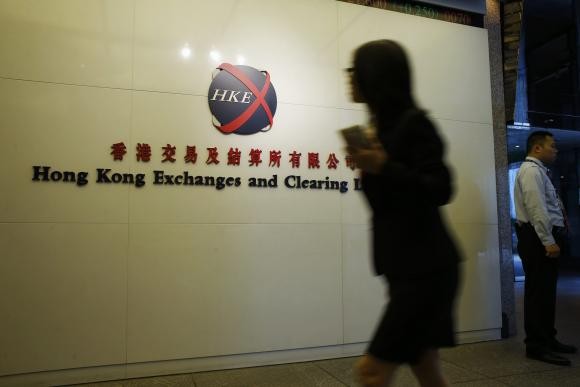The securities watchdog of China and Hong Kong released a joint statement Monday saying that the Shanghai-Hong Kong stock exchange connection will begin trading on Nov. 17.
According to a Bloomberg report, the Securities and Futures Commission of Hong Kong (SFC) and the China Securities and Regulatory Commission (CSRC) approved a pilot program that would grant mutual access to trade between the two stock markets.
The SFC and the CSRC have been working closely since they issued an announcement last April 10. Since then, the two securities have been preparing to launch the Shanghai-Hong Kong stock connection.
The joint statement also confirmed that the two securities managed to finalize all operational regulatory arrangements, including aggregate quotas and its mechanisms, and all the needed clearing rules for trading.
The SFC and CSRC have completely managed several market rehearsals. Participants from both markets attended the rehearsals and said that the system of the stock exchange connection is working well with contingency plans already set.
The program between that SFC and the CSRC is significant and many sees it as a huge step toward China's effort to reform its financial market.
However, Forbes magazine reported that Beijing imposed a cap on the program with stringent quotas to prevent market disruptions. With the current trading cap, the total aggregate of the allowed trading value for China is only RMB300 billion ($49 billion) as opposed to RMB14.3 trillion ($228 billion) capitalization China allots to the Shanghai Stock Exchange.
According to China.org, the statement advised prospective investors to be familiar with the different rules and regulations, market practices and laws governing the two stock exchanges.
Still the program will allow investors to trade eligible and legitimate shares found in their counterpart's brokers and securities firms.
Based on the announcement, the connection allows a maximum RMB550 billion ($90 billion) of cross-border investment, plus RMB23.5 billion ($32 billion) in daily two-way quota.



























